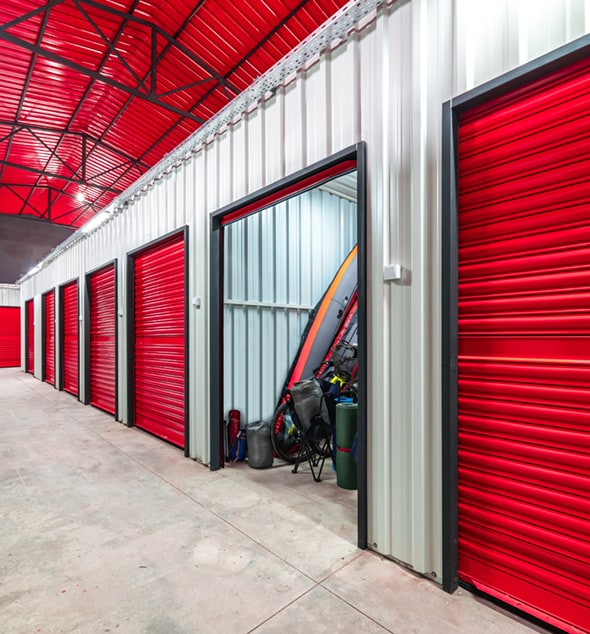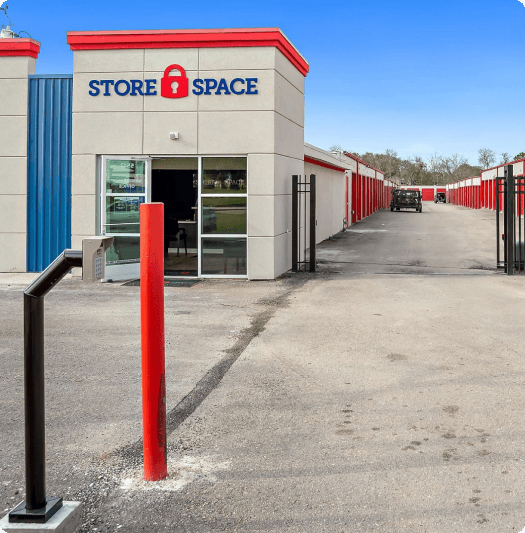Is Philadelphia a Good Place to Live?

The City of Brotherly love is steeped in history and provides many opportunities for education, employment, and entertainment, but if Philadelphia is on your list of considerations, you’re probably asking yourself, “is Philadelphia a good place to live?”
Keep reading: we’ll answer that question, and offer our insights about safety and crime, as well as pros and cons of the nation’s 6th-largest city.
Philadelphia History
Philadelphia has had a major impact on U.S. history. It was first settled by Native American tribes and then founded in 1682 by William Penn. The colony was a big success and soon became one of the biggest shipbuilding centers in the colonies.
The Pennsylvania State House (now known as Independence Hall) held its first meeting in 1735. After the British passed a series of acts that angered the colonists, and Thomas Paine, a Philadelphia resident, wrote the pamphlet Common Sense, the Declaration of Independence was signed in the Pennsylvania State House.
Philadelphia also served as the capital of the United States after the Revolutionary War. It was the site of the first Bank of the United States and the first U.S. Mint, and the U.S. Constitution was written in Philly in 1787.
The history of Philadelphia is anything but boring, and today many move to or visit the city to experience the famous sites and scenery in the birthplace of life, liberty and the pursuit of happiness.
Population of Philadelphia
The 2020 census states Philadelphia has a population of 1,585,010, making it the largest city in Pennsylvania and the 6th largest city in the United States. Philadelphia is in southeastern Pennsylvania at the confluence of the Delaware and Schuylkill rivers.
Is it Safe to Live in Philadelphia?
Philadelphia’s rate of crime is similar to many other metro areas. According to CrimeGrade.org, the city’s overall crime grade is a C+. In the more dangerous areas of Philadelphia, the chance of experiencing a crime is about 1 in 76. As with any metropolitan area, some neighborhoods of Philadelphia should be avoided, and others are safe. Certain areas are making a comeback in terms of safety, like Kensington.
Philadelphia Cost of Living
| Housing Costs | Philadelphia | National Average* |
| Home Values | $163,000 | $217,500 |
| Rental Rates | $1,042 | $1,062 |
In comparison to other similarly sized cities, the housing in Philadelphia is fairly affordable.
According to Niche.com the average home price in Philly is currently $163,000, about 25% lower than the national average of $217,500. Philadelphia’s average rent is $1,042, which is also less than the national average of $1,062. More residents own their homes versus renting (53% to 47%).
Niche.com’s top neighborhoods in the Philadelphia area include Bella Vista, Graduate Hospital and Fitler Square. The median home value for these neighborhoods ranges from $435,376 to $565,290.
Although housing costs in Philadelphia are slightly below the national average, BestPlaces.net cautions that the overall cost of living in Philly is 1.2% above the U.S. average. The cost of transportation is also significantly higher than the U.S. average.
What are the Pros and Cons of Living in Philadelphia?
Pros
There are a variety of pros to living in Philadelphia. The city is in a great location, near the water and just a few hours from the hot spots New York City and Washington, D.C. Housing costs in Philly are also relatively lower than other major metropolitan areas.
Philadelphia’s economy is promising. Tourism in Philly is thriving, with 46 million visitors in 2019. The city is also home to Fortune 500 companies and other key industries including natural gas, manufacturing, agribusiness, life sciences and plastics.
There are many state-of-the-art activities and museums like the Philadelphia Museum of Art, The Academy of Natural Sciences, the Barnes Foundation, Rodin Museum and much more.
Philadelphia is also home to multiple colleges and universities—it’s even rated as one of the top 10 most populous college towns in America. The University of Pennsylvania was founded in 1740 and today is consistently ranked among the top universities in the country. Drexel University is a global research university that was founded in 1891, Temple University was founded in 1884, and Moore College of Art and Design was founded in 1848.
There are many other institutions of higher education located in the Philadelphia area including University of the Sciences, Saint Joseph’s University, Pierce College, La Salle University and more.
If you’re a sports fan, Philadelphia is also home to five professional sports teams: the Philadelphia Phillies (MLB), Philadelphia Flyers (NHL), Philadelphia Eagles (NFL), Philadelphia Union (MLS), and the Philadelphia 76ers (NBA).
Cons
The biggest con of living in Philadelphia is the crime rate. Even though the rate is about the same as other similarly sized cities, there are some neighborhoods you should avoid. But keep in mind, there are neighborhoods in Philadelphia that are safe to live in.
Another con of living in Philly is the traffic. Philadelphia was ranked one of the top 10 most congested cities in the U.S. in 2019. Along the same lines, parking in the city is hard to find, and can be very expensive. The upside is that Philadelphia has a good public transportation system, so take advantage of that to avoid the headache of driving in the city!
Do People Like Living in Philadelphia?
There’s a lot to like about Philadelphia. One of the top reasons people enjoy living here is East Coast living with affordable housing and a good job market. Many also love the big city amenities and unique charm. Philadelphia is rich in arts and culture, as well as dining opportunities, history and outdoor experiences.
But at the end of the day, only you can decide if living in Philadelphia is a good move!
Wrapping up: Is Philadelphia a Good Place to Live?
If you’re looking for a busy city with many attractions, amenities and entertainment, Philadelphia might be the place for you. Experience history, try some tasty cuisine, explore art and culture and embrace life in southeastern Pennsylvania! You’ll also enjoy low housing costs and a steady economy.
We understand it’s important to research and learn as much as you can before moving to a new place. However, if you choose to move to Philadelphia, get some help from Store Space. Check out our moving tips to make the whole process easy.
At Store Space in Philadelphia, we strive to provide the best self-storage experience possible. With our fast online rentals and convenient move-ins—you’re sure to find the perfect unit at the perfect price. Just use our storage location finder to locate your nearest Store Space storage facility in Philadelphia.







